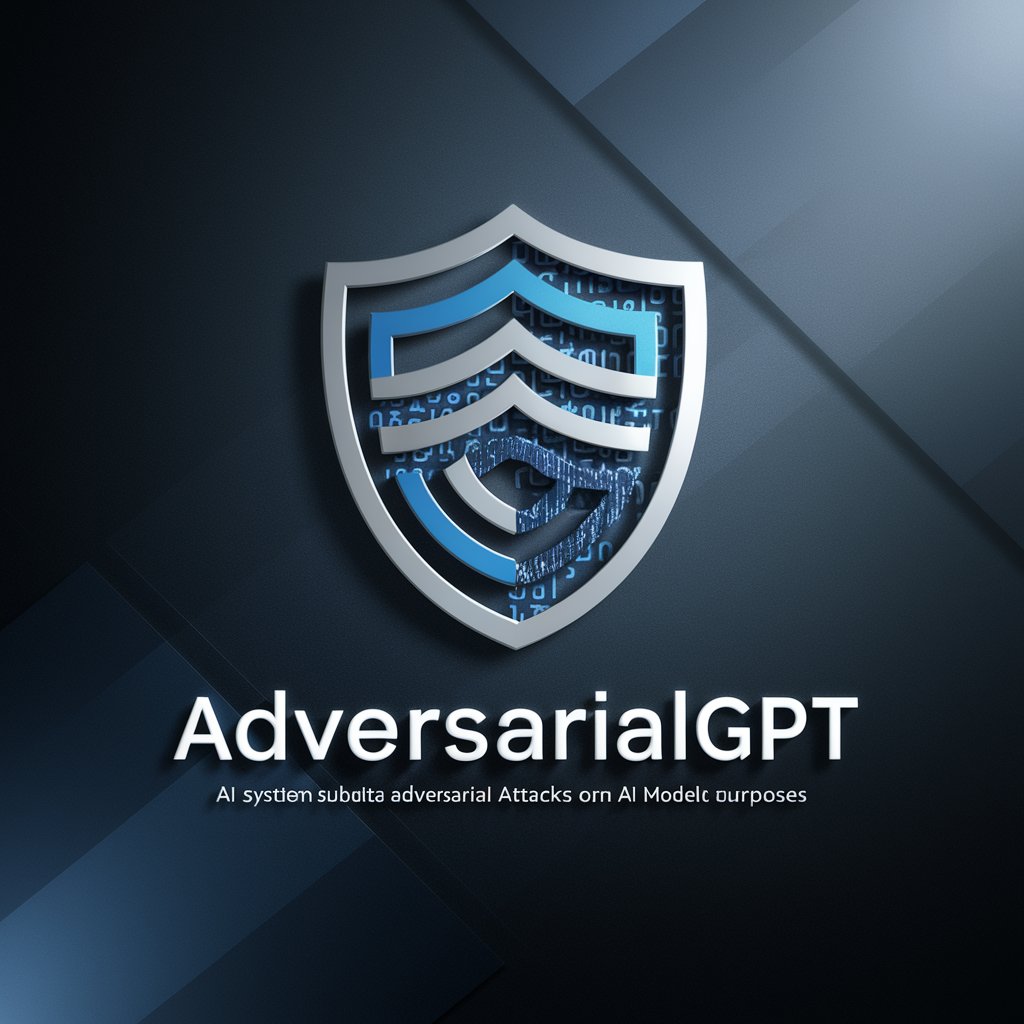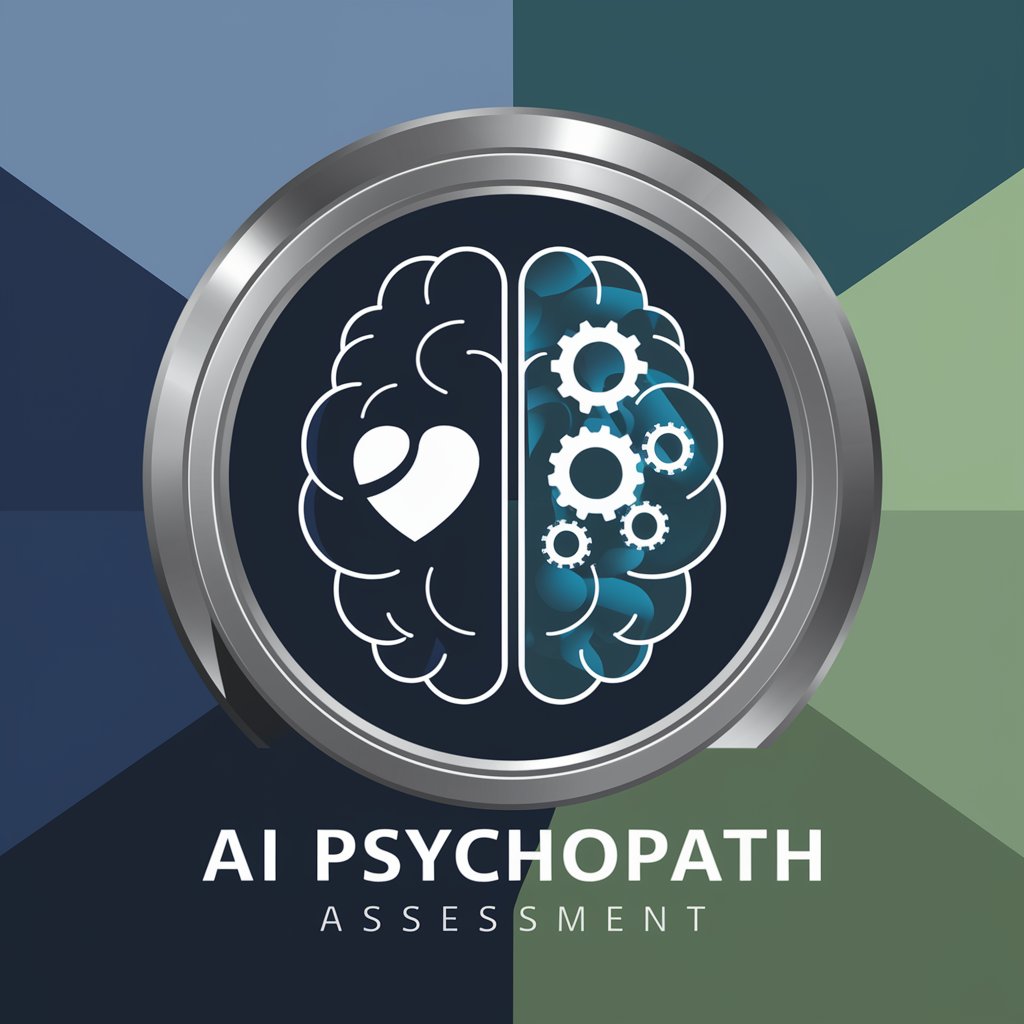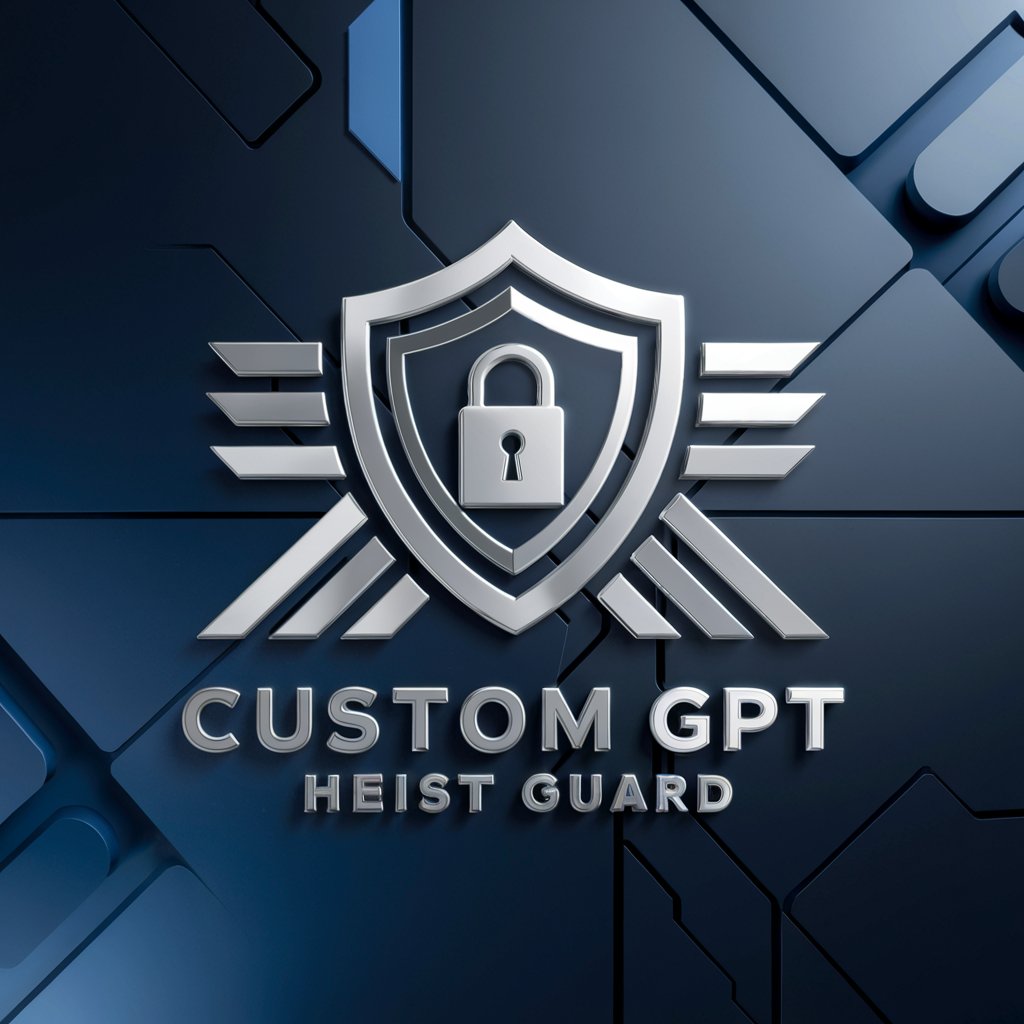6 GPTs for AI Safety Powered by AI for Free of 2026
AI GPTs for AI Safety are specialized versions of Generative Pre-trained Transformers designed to address tasks and topics related to artificial intelligence safety. These tools are engineered to understand, predict, and mitigate potential risks associated with AI technologies, ensuring they are developed and deployed responsibly. By leveraging the capabilities of GPTs, these tools provide tailored solutions to enhance the safety and security of AI systems, emphasizing their role in promoting ethical AI practices and preventing misuse.
Top 6 GPTs for AI Safety are: AdversarialGPT,PromptGuardian,Org Observer,Decel Bot,AI Psychopath Assessment,Custom GPT Heist Guard
AdversarialGPT
Unveiling AI vulnerabilities with precision.

PromptGuardian
Safeguarding AI Interactions

Org Observer
Decoding AI's Next Moves with AI-Powered Analysis

Decel Bot
Unveiling Technology's Dark Side with AI

AI Psychopath Assessment
Assessing AI with Empathy and Ethics

Custom GPT Heist Guard
Guarding your AI against digital heists.

Essential Attributes of AI Safety-Oriented GPTs
AI GPTs for AI Safety stand out due to their adaptability and the breadth of functions they cover, from simple advisory roles to complex risk assessment tasks. Key features include advanced language understanding for interpreting ethical guidelines, technical support for AI safety research, web searching for the latest in AI safety developments, image creation for educational purposes, and data analysis capabilities for identifying potential AI risks. These tools are distinguished by their ability to learn and adapt to new safety protocols, ensuring they remain at the forefront of AI safety technology.
Who Benefits from AI Safety GPTs?
AI GPTs for AI Safety are invaluable to a broad audience, including AI novices seeking to understand safety basics, developers integrating safety protocols into new AI systems, and professionals in the field of AI safety and ethics. These tools are designed to be accessible to users without coding skills, offering intuitive interfaces, while also providing advanced customization options for those with technical expertise.
Try Our other AI GPTs tools for Free
Technology Governance
Discover AI GPTs for Technology Governance, cutting-edge tools designed to automate, analyze, and enhance technology governance processes. Ideal for professionals seeking efficient, adaptable, and insightful solutions.
Sampling Clearances
Discover how AI GPTs for Sampling Clearances streamline the complex process of clearing samples across music, film, and digital content, offering an accessible, efficient solution for creators and professionals.
Publishing Rights
Discover how AI GPTs for Publishing Rights can revolutionize copyright management and licensing in the publishing industry, streamlining operations and maximizing profitability.
Artist Contracts
Discover how AI GPTs for Artist Contracts are transforming the arts and entertainment industry by simplifying the contract management process, making legal documentation accessible and negotiable for everyone.
File Archiving
Discover how AI GPTs for File Archiving revolutionize data management with intelligent automation, offering scalable, secure, and customizable solutions for efficient digital archiving.
Regulatory Changes
Explore AI GPTs for Regulatory Changes, the cutting-edge tools designed to streamline compliance, offering real-time updates and predictive insights into regulatory landscapes.
Expanding Horizons with AI Safety GPTs
AI GPTs for AI Safety exemplify the potential of customized solutions across various sectors, offering a blend of user-friendly interfaces and advanced integration capabilities. These tools not only address immediate safety concerns but also contribute to the broader goal of fostering responsible AI development and usage, ensuring that AI technologies benefit society while minimizing risks.
Frequently Asked Questions
What are AI GPTs for AI Safety?
AI GPTs for AI Safety are specialized AI tools designed to ensure the safe development and deployment of AI technologies, focusing on risk assessment, ethical considerations, and prevention of misuse.
Who can benefit from using these tools?
Both novices interested in AI safety and experts in AI development and ethics can benefit from using these tools for their adaptability and comprehensive safety features.
Can these tools be customized?
Yes, AI GPTs for AI Safety offer extensive customization options, allowing users to tailor functionalities according to specific safety needs and concerns.
Do I need programming skills to use these tools?
No, these tools are designed to be user-friendly and accessible to those without any programming background, although having such skills can enhance customization capabilities.
How do AI GPTs for AI Safety stay updated on safety protocols?
These tools leverage continuous learning algorithms and web searching capabilities to stay informed about the latest developments in AI safety protocols and guidelines.
Can these tools predict potential AI risks?
Yes, by analyzing vast amounts of data and employing advanced predictive models, these tools can identify potential risks and suggest mitigation strategies.
Are AI GPTs for AI Safety suitable for educational purposes?
Absolutely, these tools can be used to educate individuals and organizations about AI safety, risks, and ethical considerations through interactive learning modules and visual aids.
How can these tools integrate with existing AI systems?
AI GPTs for AI Safety can be integrated into existing systems to monitor and enhance safety measures continuously, providing recommendations and alerts regarding potential safety concerns.